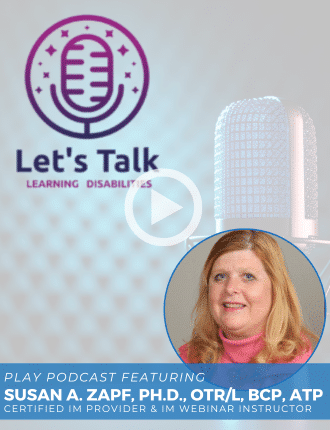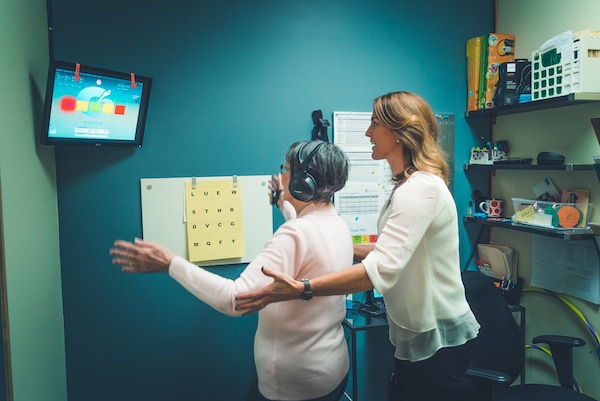Prior research utilizing kinematic analysis & functional MRI have shown that Interactive Metronome (IM) training facilitates measurable and statistically significant improvements in golf shot accuracy (distance to the pin) and substantial improvement in performance consistency (Sommer & Rönnqvist, 2009; Sommer et al., 2014). In the present study, 20 professional female golfers from the KLPGA participated in a randomized, controlled study comparing the effect of IM training (35-40 min, twice weekly for 6 weeks) to spending more time playing the game of golf (increasing golf playing time by an additional 35-40 min twice weekly for 6 weeks).
The purpose of the study was to determine the impact of IM on swing speed during putting, which was specifically executed at a distance of 2-5m, which has been previously determined to set apart elite golfers who achieve a par or birdie compared to those that demonstrate only about a 10% success rate (Pelz, 2000). Golf putting movements and brain activity were analyzed using Kinovea Software and resting-state functional MRI (fMRI). Performance variability (or consistency) was measured as the standard deviation of mean swing speed (SSD) during 3 sections of the swing: backswing, backswing-impact, and impact-finish.







